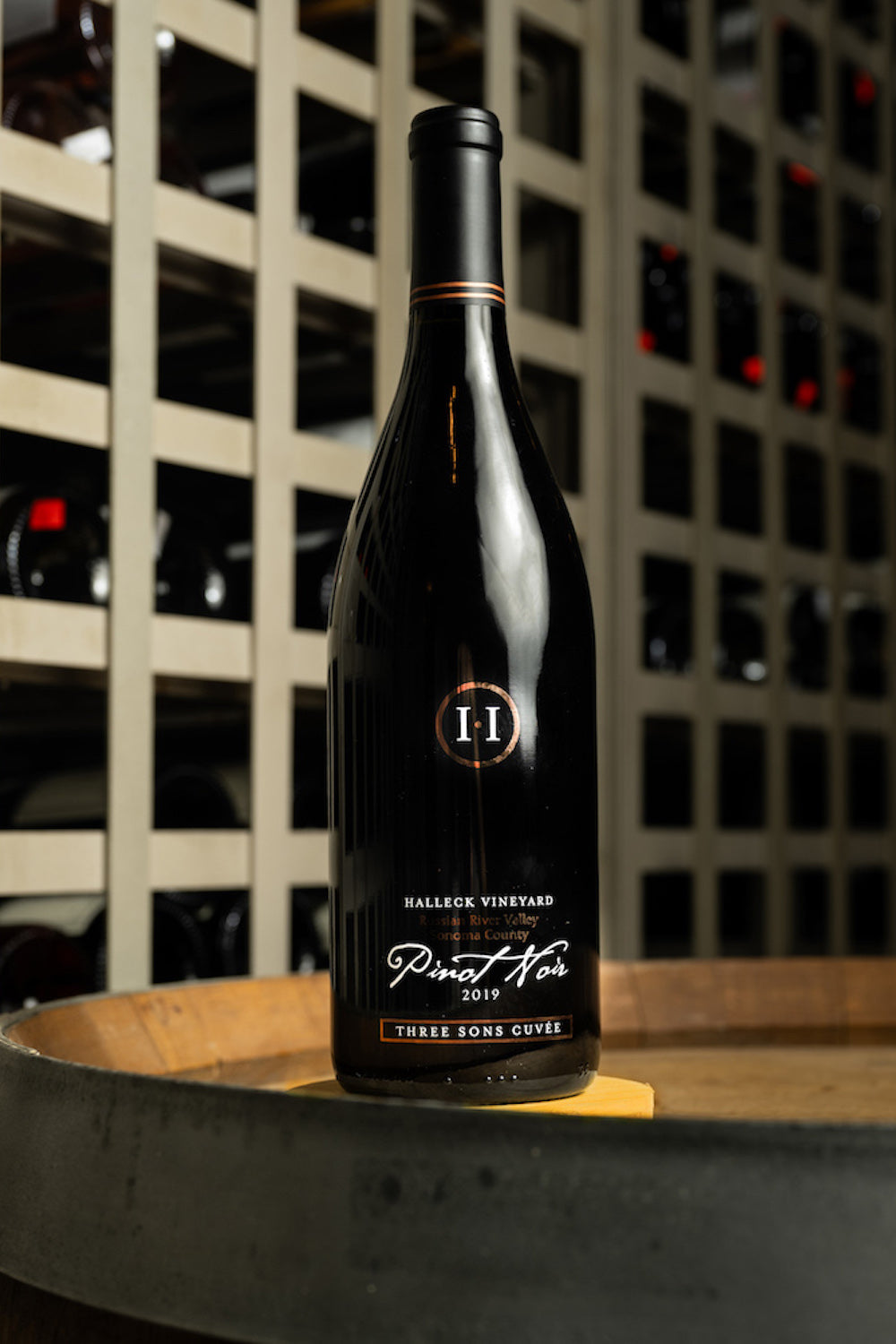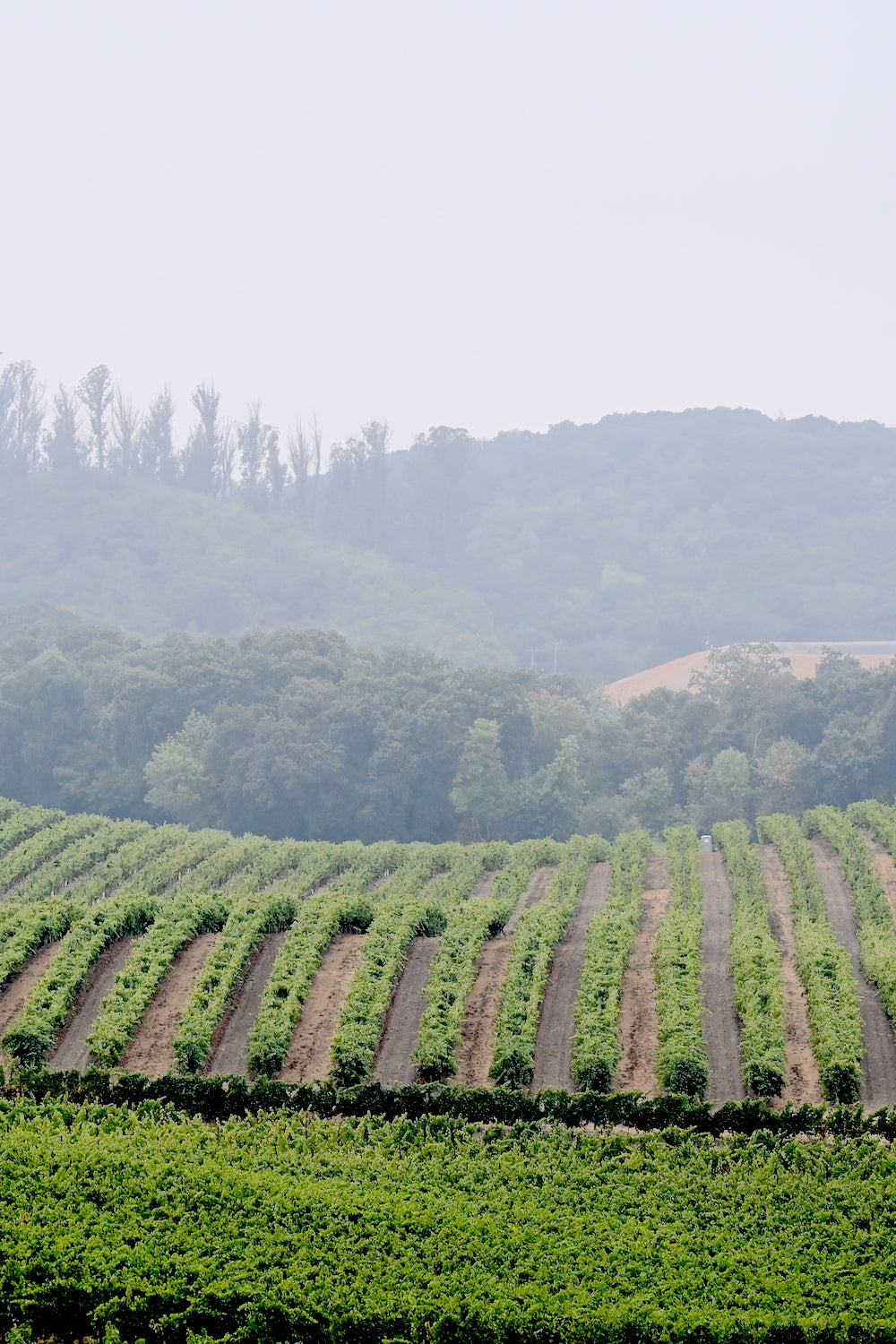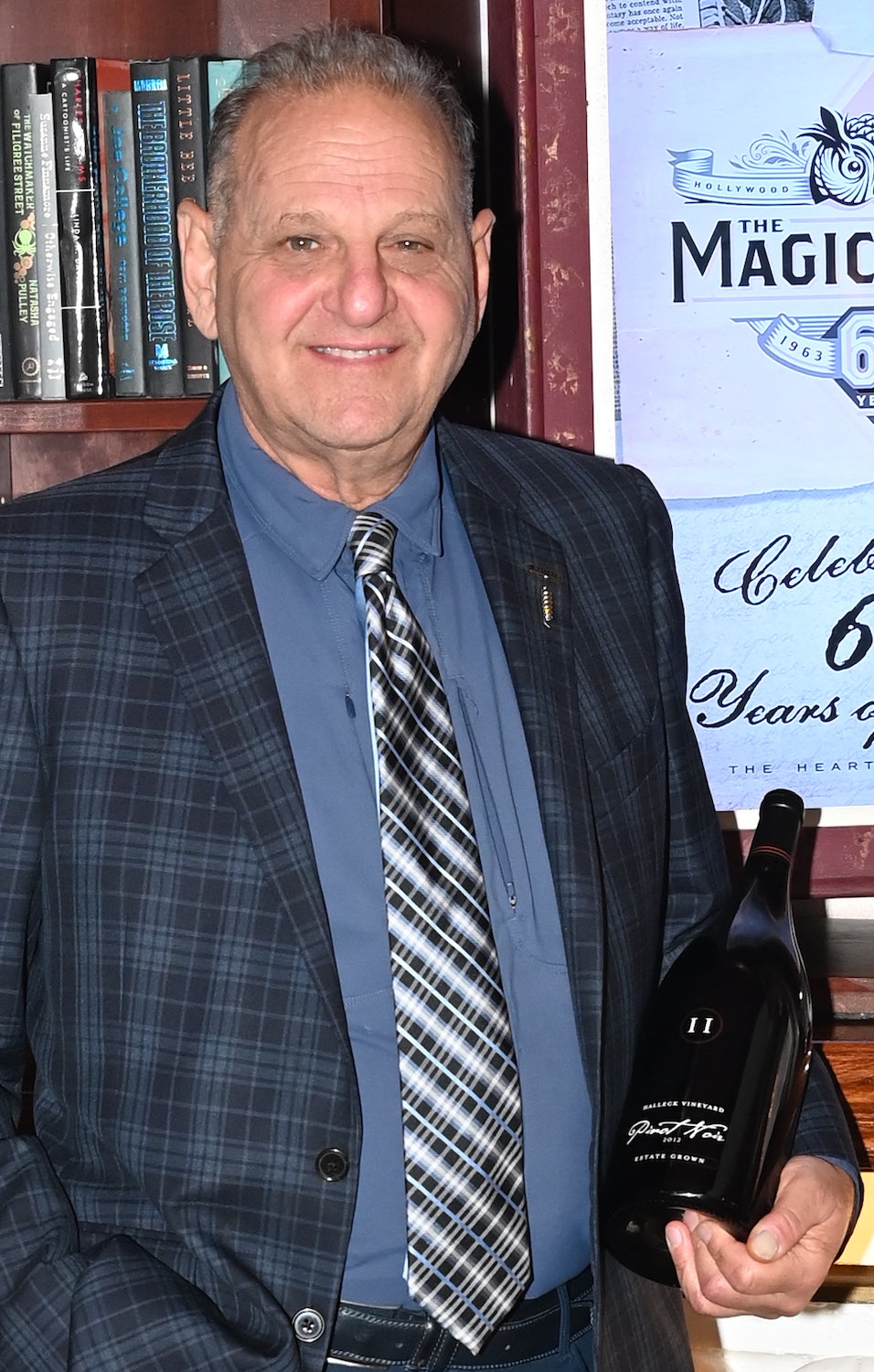Celebrated Winemakers To Discover In Sonoma - Best Vineyard Visits In Sonoma
Wineries With River Views - Sebastopol Vineyard Experiences
Wine tasting is often thought to be an art type, one which goes beyond merely having fun with a beverage. It embraces a posh interplay of flavors, aromas, and textures that requires devoted practice to really grasp. Many who venture into the world of wine tasting rapidly realize that it includes much more than simply sipping wine. Improving sensory skills via devoted winery wine tasting can elevate the experience, reworking an informal drinking occasion into a complicated exploration of the senses.
At a basic degree, wine tasting engages the senses of sight, smell, taste, contact, and even sound. Each part plays an important function in appreciating the nuances of a wine. When one first pours a glass of wine, the rich hues can present preliminary insights into its age and varietal. Observing the color and clarity helps type expectations in regards to the wine's flavor profile. Many don’t fully recognize how this visible assessment can set the stage for what is to follow.
The next step is to have interaction the sense of smell. Swirling the glass aerates the wine, permitting its unstable compounds to flee and fill the air with its bouquet. The nostril entails some fascinating layers—different aromas can sign various aspects of the winemaking process, including the type of grapes used, fermentation strategies, and getting older conditions. Developing a keen sense of smell could be a game-changer in wine tasting.
Wine Tasting Trails In Sonoma Valley - Sonoma Wine Tastings
To enhance this sensory skill, wine enthusiasts are often inspired to participate in devoted tastings at wineries. These tastings allow individuals to focus solely on the sensory experience (Wineries In Green Valley). Tasting sessions led by educated sommeliers or winemakers can offer insights into figuring out distinct aromas. Learning to distinguish between floral, fruity, earthy, and spicy notes can empower a taster to articulate their experience with greater precision.
As one practices their sensory talents, they may uncover that their style preferences evolve. This transformation typically happens after a number of tastings. A wine that originally seemed overwhelming may reveal hidden layers of complexity with a little bit of experience. Understanding the method to isolate particular person flavors such as acidity, sweetness, bitterness, and umami contributes considerably to the general wine experience.
Another important element in enhancing sensory skills is the context during which wine is tasted. Environmental factors like temperature, lighting, and even the company present can affect perceptions. At a winery, an optimum setting can reduce distractions and allow a extra profound exploration of the wine (Top Rated Wine Experiences In Sebastopol). Training mindful tasting techniques encourages a more immersive experience, permitting tasters to hone in on their senses.
It isn't solely about particular person notion, though. Partaking with others during a tasting also can enhance sensory skills. Sharing notes and discussing impressions fosters a deeper understanding of the wine. This collaborative strategy encourages individuals to articulate their sensory experiences, thereby broadening their linguistic repertoire associated to wine tasting.
Charming Wineries Offering Wine And Food Pairings - Sebastopol Wineries
Additionally, pairing wine with food can significantly enhance the tasting experience. Different combos can convey out unique flavors in each the wine and the dish. As one tastes a wine alongside explicit foods, they can begin to acknowledge how certain elements within the wine complement or contrast with what they're eating. This skill of pairing is another layer that enriches sensory growth.
Training one’s palate can contain a big selection of workouts. Some enthusiasts engage in systematic tasting experiences, sampling a spread of wines that showcase totally different varietals, areas, or vintages. Exploring this variety can sharpen the ability check that to discern nuances throughout different wine profiles. Over time, this practice builds a psychological library of flavors that can be accessed throughout future tastings.
Notably, written notes serve a dual purpose: organizing one’s ideas and reinforcing reminiscence. By writing down observations about each wine, tasters can observe their progress over time. Detailing the characteristics of wines assists in solidifying data, finally deepening one’s appreciation of what they devour.
Furthermore, attending workshops or classes centered on sensory analysis can additionally be helpful. Many wineries offer these academic programs to assist individuals refine their skills. Typically, trained instructors guide members through structured tastings, specializing in specific components of the wine. This level of schooling reinforces the sensory skills asynchronously and challenges tasters to contemplate their experiences from completely different angles.
Wineries With Educational Tours In Sonoma - Wineries Near Sebastopol For Tasting

Over time, the dedication to enhancing sensory skills via devoted winery wine tasting can yield vital rewards. The enjoyment derived from wine turns into layered and multifaceted. No longer restricted to a easy desire for "pink" or "white," tasters start to understand the tales behind every pour. They domesticate a palette able to navigating the advanced panorama of flavors with confidence.
In conclusion, the journey of enhancing sensory skills by way of devoted winery wine tasting is as rewarding as it's pleasant. It requires focus, commitment, and a willingness to study, but the outcomes far exceed the initial effort. By engaging a number of senses and collaborating in thoughtful discussions, individuals not solely turn into more proficient at figuring out flavors but in addition develop a deeper appreciation for the craftsmanship behind each bottle. The process transforms wine from a mere beverage right into a wealthy tapestry of sensory exploration that beckons enthusiasts to delve deeper. As skills enhance, so too does the enjoyment, enriching life experiences one sip at a time.
Wineries With A Focus On Syrah - Explore Sebastopol Area Vineyards
- Participating the palate through diverse wine varieties enhances the power to differentiate flavors and aromas, refining total sensory perception.
- Participating in guided tastings promotes focused attention on delicate traits of every wine, nurturing important tasting skills.
- Studying to establish particular grape varieties fosters a deeper understanding of terroir, which aids in recognizing regional flavor profiles.
- Incorporating food pairings during tastings can heighten sensory awareness, as different tastes can influence each other and alter perceptions.
- Training the art of swirling and nosing wines permits people to connect olfactory cues with style, improving the ability to articulate sensory experiences.
- Attending workshops that emphasize blind tastings trains participants to rely purely on their senses rather than preconceived notions, enhancing objectivity.
- Elevating sensory skills can lead to better wine choice skills, empowering people to make knowledgeable selections primarily based on personal preferences.
- Participating with educated sommeliers presents insights into wine-making processes, which deepens sensory appreciation and enhances vocabulary for describing wines.
- Common participation in tastings encourages reminiscence improvement of flavors and aromas, aiding within the formation of a personalised sensory profile over time.
- Sharing tasting experiences with friends fosters discussion, promoting communal learning that can improve particular person sensory skills by way of collaboration.undefinedWhat is the aim of enhancing sensory skills via wine tasting?

Enhancing sensory skills through wine tasting permits people to boost their capability to identify and recognize the varied aromas, flavors, and textures of wine. This heightened sensory awareness can result in a deeper understanding of wine and an overall enriched tasting experience.
Remarkable Craft Wineries In Sebastopol - A Visit To Sebastopol Wineries
How can I develop my sensory skills at a winery?
You can develop your sensory skills at a winery by taking part in guided tasting classes that focus on particular varietals. Interact with knowledgeable employees who can provide insights and encourage you to take notes on your impressions, enhancing both your observational and descriptive skills.
What ought to I count on during a dedicated wine tasting experience?
Wineries That Offer Food Trucks On Weekends - Wineries To Explore In Sonoma Valley
During a dedicated wine tasting experience, anticipate to sample a choice of wines whereas receiving focused schooling about each. You May be taught in regards to the winemaking course of, tasting techniques, and tips on how to discern completely different sensory traits, all in a relaxed setting.

Is prior data of wine necessary to benefit from a sensory skills workshop?
- Remarkable Craft Wineries In Sebastopol
No prior data of wine is necessary; the workshops are designed for all levels of experience. Novices will find useful data to build from, while seasoned tasters can web link refine their skills and broaden their palate even further.
How do sensory skills influence my general wine appreciation?
Wineries In The Heart Of Sonoma County Wine Region - Vineyard Tasting Events In Sonoma County
Bettering sensory skills considerably enhances your overall wine appreciation by permitting you to determine subtleties and complexities in wines. This deeper understanding enriches your tasting experience and helps you make informed alternatives based mostly on personal preferences.
Are there particular techniques I should use while tasting wine to enhance my sensory skills?
Wineries With Picnic Areas - Top Sonoma Wineries To Visit
Sure, employing techniques such as the "SWOT" method (Sight, Swirl, Smell, Sip, Savor) can be helpful. Pay consideration to the wine's look, aromatics, and mouthfeel, and take your time with each sip to completely explore the flavors and sensations.
What type of wines are typically included in sensory skills tastings?
Usually, sensory skills tastings embrace quite lots of wines that showcase different areas, varietals, and styles. This diversity helps members determine distinct characteristics and enhances their capacity to differentiate between wines.
Can sensory skills workshops be personalized to my tasting interests?
Wineries Perfect For A Relaxing Afternoon - Sebastopol's Best Wine Trails
Many wineries supply personalized options for sensory skills workshops, allowing you to give attention to specific types of wines or themes that curiosity you, corresponding to organic wines or distinctive regional choices. It Is greatest to inquire directly with the winery for tailored experiences.
Is there a way to practice sensory skills after leaving the winery?
Sure, you can practice your sensory skills at home by tasting completely different wines and maintaining a tasting journal. Experimenting with numerous food pairings and aromatics can further improve your understanding of how flavors work together, reinforcing the talents gained at the winery.